Once upon a time, when we were younger and life was slower and more relaxed, "know thy neighbour" was a culture, rather than just a phrase. Those of us who have seen the golden era of the '90s can fondly recall how power failures were an excuse for the entire family to take a break and socialise with neighbours. Men, women, and children would find their own tribes and the hours would fly.
The warmth of this culture was also felt on Shab-e-Barat when distributing halwa from home to home was more enjoyable than actually eating the delicacy, on Chand Raats when mehndi nights would extend until the wee hours of dawn because only that specific apu could do it best and during late night badminton matches in winter.

Gradually, and almost stealthily, however, unbeknownst to us all, the "para culture" began to fade. It faded through the advent of the first IPS or generator in the locality and then mobile internet and Wi-Fi shoved the last remnants of it out the doors. Compounds that once bustled with the energy of people lay empty as residents preferred more and more to stay within the confines of the four walls of their homes.
Soon, old tenants gave way to the new and the second generation hardly made any effort to get to know each other.
Recent events, however, seem to have taken this reclusive culture by its hair and turned it around almost instantly. Propelled by the spirit of reignited patriotism, people stepped out of their homes and took to the streets — their homes and those of their neighbours had to be protected and people were more than ready to rise to the occasion.
Sami Doha, a resident of Uttara Sector 4, felt moved by this display of camaraderie and community engagement.
"All of us in our area are taking patrolling very seriously. We have walkie-talkies and organised strategies to defend our area from intruders," explained Sami, who has creatively integrated his workout routines with patrolling duties. Nightly patrols, initially formed as a pragmatic response to ensure safety, evolved into much more.

"But ruining my workout plan, the elderly uncles and aunties of our sector, disregarding their sleep, bring delicious food for us every night. We even joke among ourselves that Road 13 has tasty sandwiches, Road 15 has khichuri, and so on," Doha shared with a laugh.
While being their most intimidating selves to the external enemy, people within the communities were seen to naturally ease into each other's company. They felt as if they had suddenly been jolted awake from a long, lonely slumber and catapulted back into the 1990s vibe they did not even know they had missed.
Andaleeb Choudhury, from Banani, shared, "Here, we have all come together to protect our community and it's still going on."
"We are informing each other through text messages, phone calls, and sharing any new or helpful information in our groups. This proves that we will be there for each other no matter what the situation is!"
"I was a mere child in the late 90s," said Maniha Alam, a 35-year-old girl from Merul Badda. "I remember living in Shantinagar and thriving in the close-knit societies of that time. All the aunties looking out for me, asking after my family. People are still the same," she shares. "We had just forgotten how to reach out to each other."
Maniha wants this community spirit to survive these tumultuous times.
Those that went one night were rarely called back for the second, but many chose to go consistently, and willingly, night, after night, after night. "I went for three nights in a row — it was a whole new feeling," said Tanvir Sami, a resident of Gulshan Society. He plans to meet up with his "parato bhais" for coffee over the weekend.
Residents were found holding concerts on the streets, playing ludo and cricket, or just taking leisurely walks while they got to know each other. The energy on the streets was unlike anything anyone had seen in years, and God knows, they had missed it.
As genuine concern for each other's safety and wellbeing took precedence, residents reached out in good faith, and without any motive other than to protect one another, 'I have your back' was the unspoken promise, and a well-kept one at that.
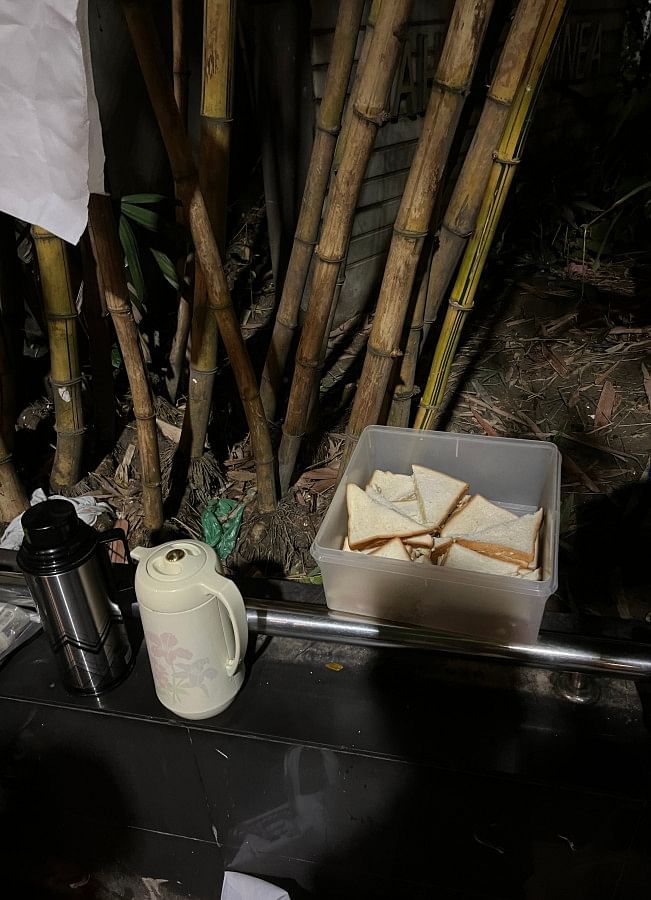
Humans are social animals, naturally meant to thrive in colonies or communities. An increasingly individualistic, hermit-like culture that had taken over the streets of Dhaka could never be synergistic for society and the merits of belonging to a wider clan were once again evident during the last few weeks, in the form of new friendships, business partnerships, and even romantic relationships among people.
Whether people maintain the unity and sense of community, so reminiscent of the ethos of the beloved '90s, or retreat into their shells remains to be seen, but the experience of having done something worthwhile together has undoubtedly given us new relationships to cherish, new stories to tell, and new confidence in our fellow neighbours.
Photo: Sami Doha / Collected



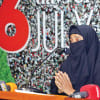
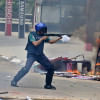
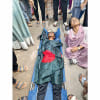
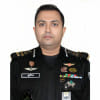
Comments